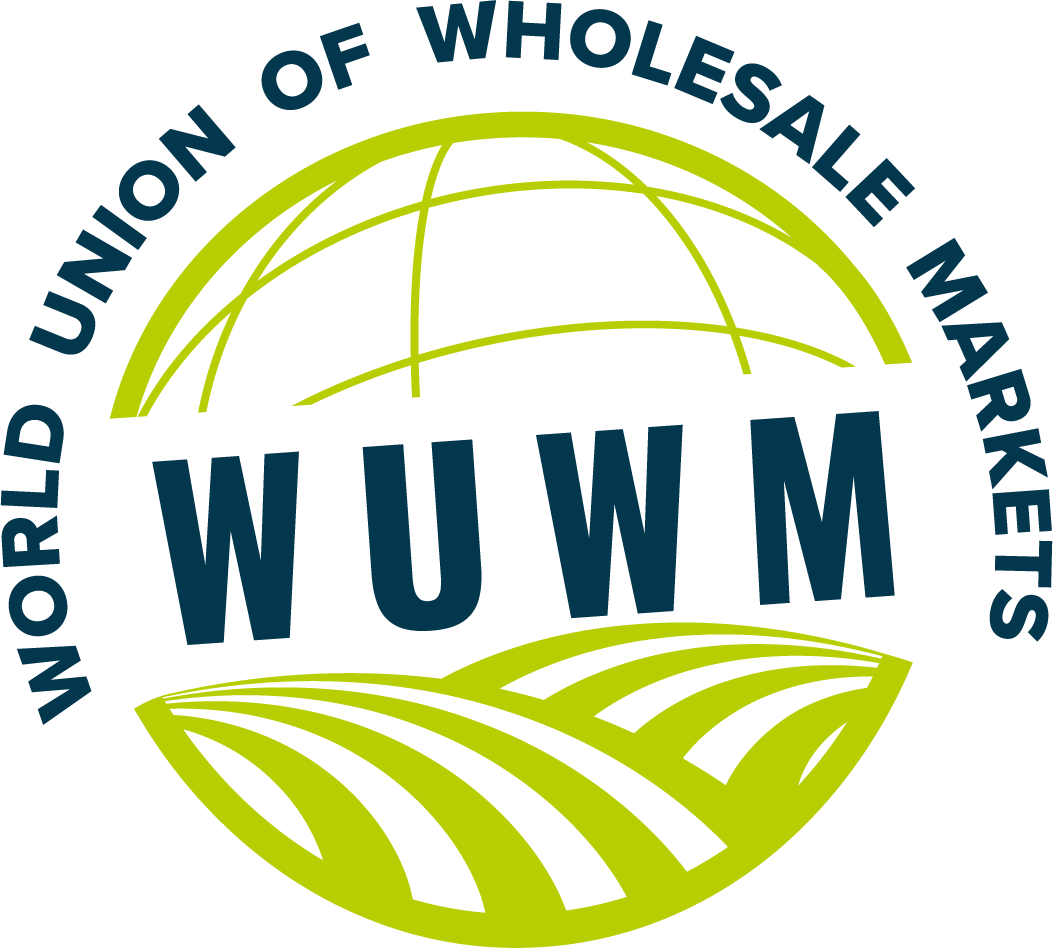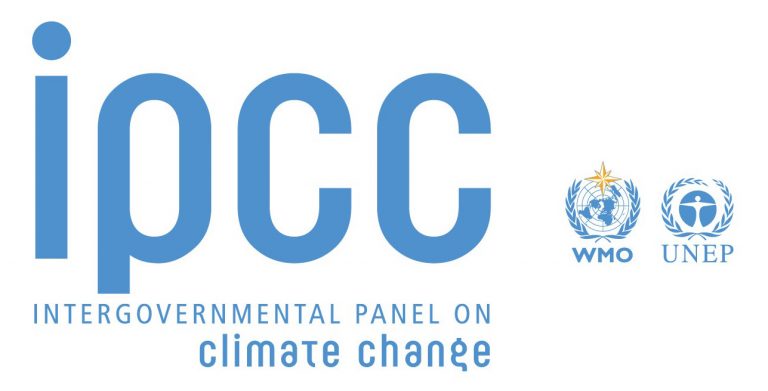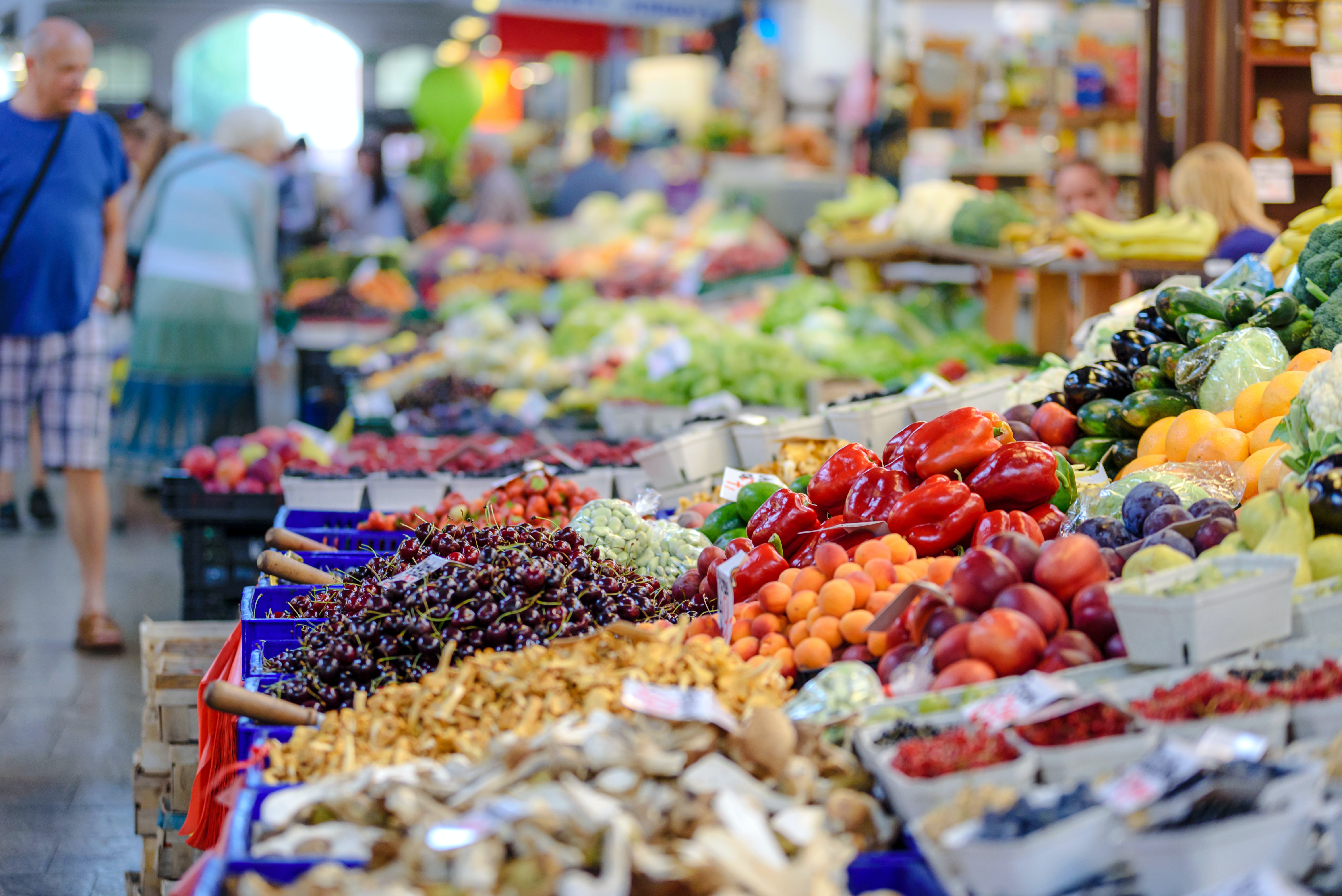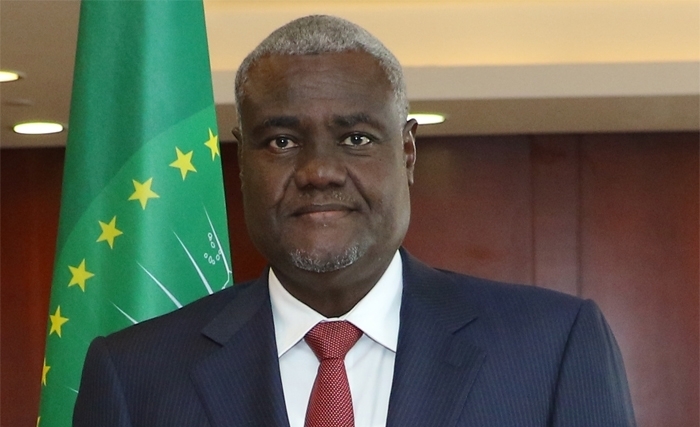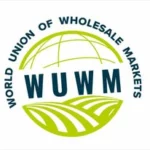Winter 2022 – 2023 Edition of the WUWM Newsletter
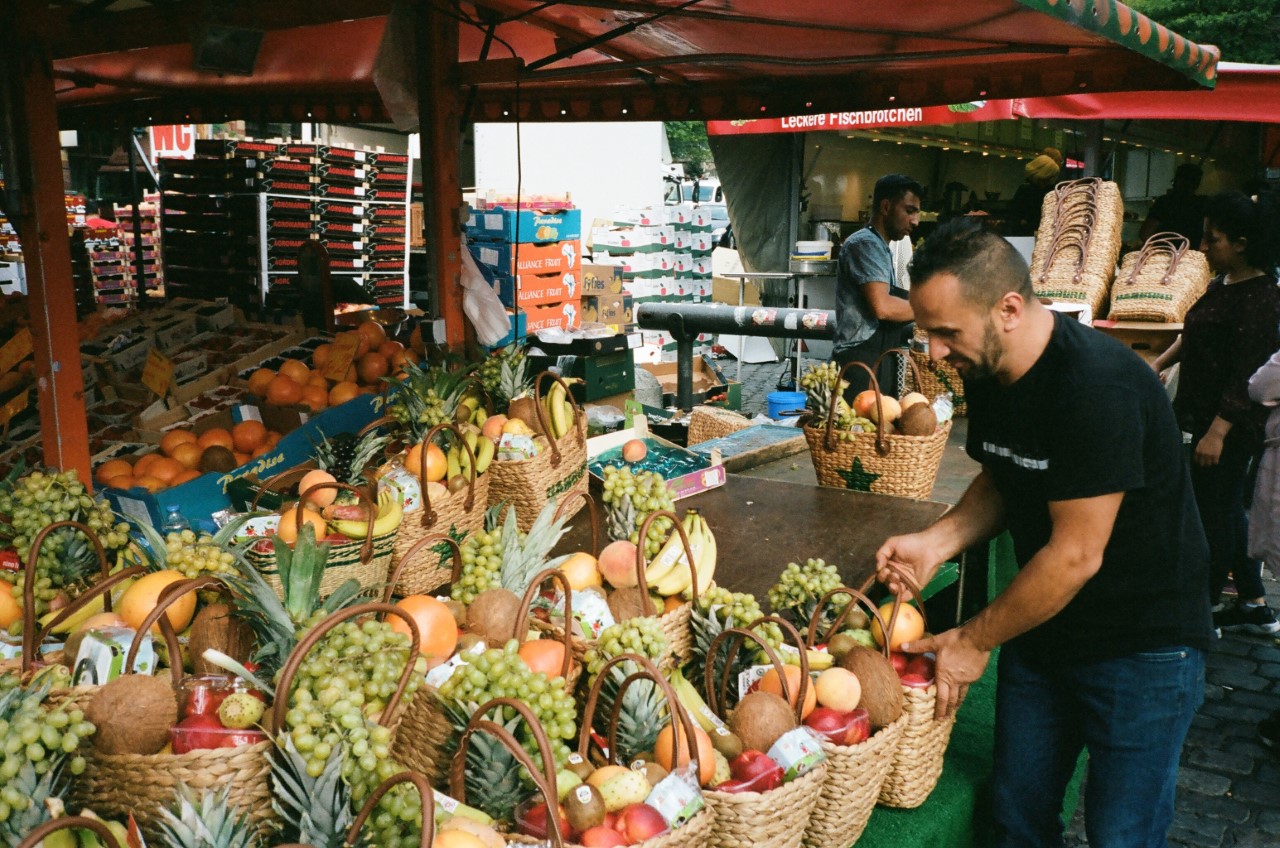
In a foreword
[br]

[br][br][br][br][br][br]
Dear readers,
[br]
To achieve the transition of our food systems, it is time to work on restructuring our wholesale markets towards models that can cope with the climate change without participating in it, promote healthy and sustainable diets while ensuring food security for every citizen in times of instability, and move towards resilient and remunerative supply chains for all actors.
[br]
In this edition of ‘In action’, we will therefore propose different ideas to improve your wholesale market, based on scientific reports, international conferences and of course by you, our members, who are constantly inventing the future of wholesale markets. Regarding adaptation to climate change, in the article “What does the last report of the IPCC tells us about the future of food systems”, we will present you the main IPCC projections on the impacts of climate change on global food supply chains. We have a major role to play in adapting food systems to ensure food security around the world.
[br]
Highlighting the positive actions of our members regarding the Sustainable Development Goals to inspire other members is one of the priorities of the WUWM as we are convinced that exchanges and good practices can be of great help to the transition of our sector. This month we interview the CEO of the Melbourne Wholesale Market, which has set itself the target of recycling 95% of the waste produced at the market. He will tell us what led the market to take this step, the challenges they have faced in reaching this target and the market’s future goals.
[br]
The World Economic Forum conference in Davos and the Dakar summit “Feed Africa: Food Sovereignty and Resilience” are two major international events for discussions on global food systems. Discussions on the transition of food supply chains towards greater sustainability and positive impacts for people, the environment and the climate were addressed.
[br]
WUWM remains fully committed to promoting change among our members, as achieving the Sustainable Development Goals will ensure a better future. [br] [br]
Yours sincerely,
Stéphane Layani,
WUWM chairman
Discover the main outcomes of the second Dakar submit.
Insightful: Found out the last news about the World Economic Forum Annual Meeting in Davos [br][br]
From 16 to 20 January 2023 the Davos Forum took place under the theme “Cooperation in a Fragmented World”. The annual meeting brought together more than 2,700 leaders from government, business and civil society at a pivotal moment for the world. Multiple crises are deepening divisions and fragmenting the geopolitical landscape. Leaders must address the immediate and critical needs of people while laying the foundation for a more sustainable and resilient world by the end of the decade. For a more sustainable world, transitioning food systems is key, including reforms in agricultural practices. [br][br]
The impact of agriculture on environmental degradation is very significant, Hubert Keller, Senior Managing Partner of Lombard Odier, painted a bleak picture of the sector’s impact on environmental stability: “But while energy is essential, there is no sector more important to our overall environmental stability than agriculture, forestry and other land uses (AFAT). It is the main culprit in overshooting our global limits, accounting for 90% of global deforestation, 70% of endangered species, 65% of agrochemical pollution, and the use of 70% of the world’s freshwater reserves. [br][br]
Smallholder farmers feed 80% of Asia and Africa, or one third of the world’s population, while these smallholder farming communities are significantly more vulnerable to climate change, as of early 2022. In addition, farmers around the world face a common problem: the soaring cost of fertiliser. As Russia, Belarus and Ukraine are all major exporters of the raw materials needed to produce fertiliser, Alzbeta Klein, CEO of the International Fertiliser Association, recalled: “The war in Ukraine is creating supply chain problems due to prices. We don’t have enough. We need to make sure that farmers can produce at an affordable price and connect to the global market.” [br][br]
There is also the opportunity of subsidies. Currently, the agricultural sector receives between $500 billion and $700 billion in subsidies globally. Some of these are not aligned with climate goals. They need to be redeployed to meet governments’ climate and biodiversity goals, and to reduce the public health costs of poor nutrition. Population growth will mean feeding 25% more people with 20% less land. We will have to reorient a $10 trillion industry. This is not only possible, but represents a tremendous opportunity. [br][br]
At WUWM, we are working every day to transition agricultural systems to be more sustainable, more inclusive, and global food systems to focus on low-carbon, healthy food.
